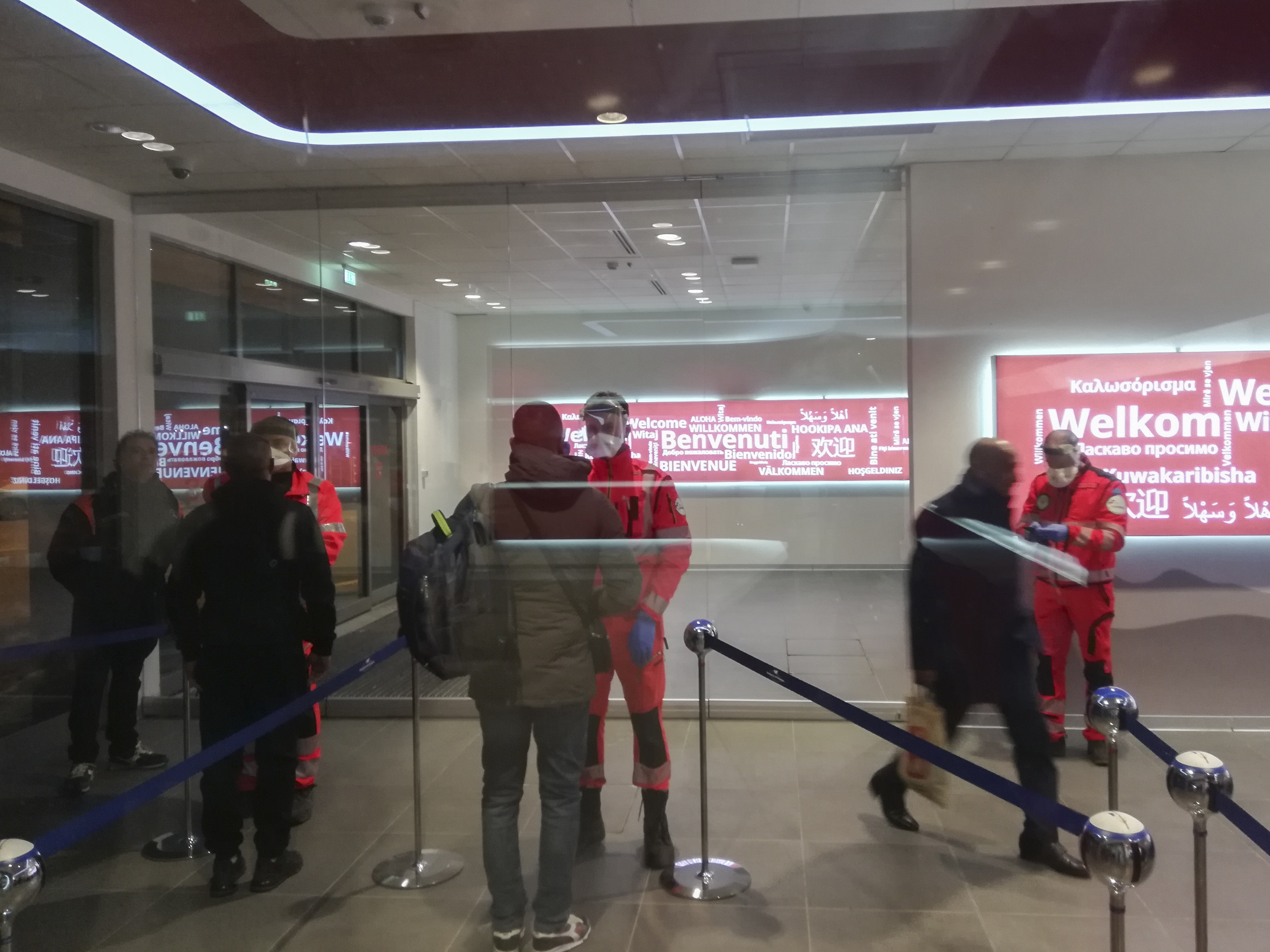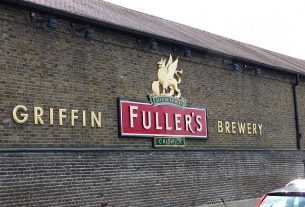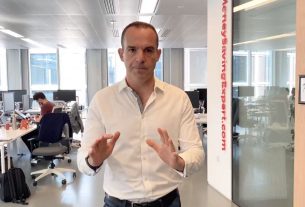The FTSE 100 has recorded its biggest fall in four years as concerns about the economic impact of the coronavirus hit global markets, wiping billions off the value of the world’s biggest companies.
In London, the UK’s FTSE 100 saw £62 billion lost as the share index plummeted 3.3% – the steepest drop since January 2016 – and ended the day 247 points down at 7,156.
Concerns about the virus hit the travel sector hard: easyJet saw its listed value lose 16%/£1bn; tour operator Tui lost 10%; AIG (owners of British Airways and other airlines) slipped 9%; and, cruise ship operator Carnival (owners of the Diamond Princess ship that had an outbreak of the virus) lost 6.8%.
The huge falls are the market’s response to expectations that people are reconsidering their travel plans for holidays and business, as fears about the coronavirus outbreak and awareness of the measures taken to contain it, grow.
‘Greater impact’ of virus ‘to be expected’
The London stock market results have been replicated around the world. The US saw its three main indexes drop around 3%, while in Italy, Milan’s stock market crashed almost 6% as investors reacted to the worst outbreak of the coronavirus in Europe. Italian authorities have imposed “draconian” measures to try and stop the outbreak, including police patrols around 11 towns in the northern Lombardy region which has recorded 90% of all cases in the country.
“The idea that the coronavirus has been fully contained has been firmly banished, and investors are now on notice to expect more cases and, sadly, more deaths,” said IG’s chief market analyst Chris Beauchamp.
“This means the economic forecasts of the impact, such as they are, will need to be revised, with a greater impact now to be expected.”
Gold climbs, oil slips and Primark issues warning
Traditional “safe haven” commodities bounced on the back of investors’ fears, with gold rising more than 2% and hitting its highest price since 2013 – $1,688 per ounce – before closing at $1,673.
Oil, however, fell 4.6% to $55.69 per barrel of Brent crude, as expectations of a fall in global demand coupled with falling demand in the world’s biggest oil importer, China, rippled through other sectors.
Associated British Foods (ABF), the owners of fashion retailers Primark, issued a warning of a “risk of supply shortages on some lines later this financial year” and saw its share price fall 2% in early trading.
Marks and Spencers and Next were also hit, losing 3.8% and 2.5% respectively, with warnings of shortages from delays in Chinese factory production because of the virus.
In China some 77,000 people have been infected by the virus and almost 2,600 have died.




